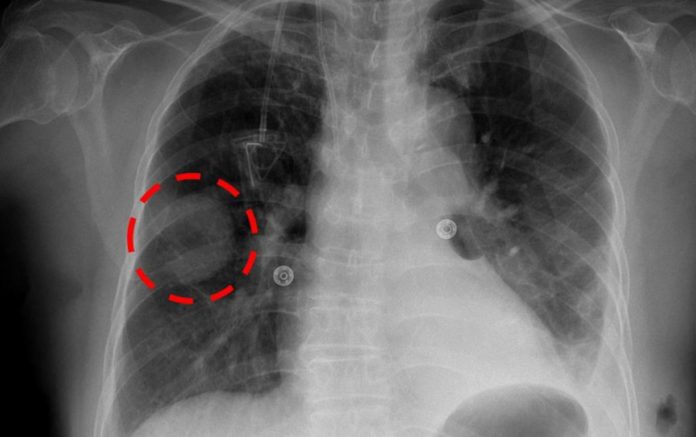When it comes to tackling risky health habits like smoking, poor diets, or spending too much time on the couch, pictures may have the potential to influence individuals.
As the saying goes, a picture can convey a thousand words, and researchers have discovered that using medical imaging technology that can depict health may deter risk-related behaviors more effectively than nonvisual information.
Individuals who have an imaging technique and are presented visual tailored information about their own risk of disease may be more inclined to avoid dangerous behaviors, according to a meta-analysis published today in the open-access journal PLOS Medicine.
Noncommunicable illnesses, which are connected to behaviors like smoking, poor diet, and lack of physical activity, are projected to account for more than two-thirds of deaths worldwide each year. Many therapies aim to induce behavior change in order to minimize risks. Researchers want to know if the expanding usage of medical imaging technologies can help.
A meta-analysis of 21 randomized controlled trials involving over 9,000 adult participants was conducted by Gareth Hollands and colleagues at the University of Cambridge in the United Kingdom.
Following an imaging procedure, such as computed tomography, ultrasound, or radiography, participants were either shown visual examples of personalized risk information in addition to health information or advice, or they were given health information or advice without visual feedback.
Smoking, medication use, physical activity, diet, oral hygiene, sun protection, tanning booth use, blood glucose testing, skin self-examination, and foot care were among the behaviors studied in the trials.
The strongest evidence supported the reduction of smoking, a healthier diet, greater physical activity, and improved oral hygiene behaviors. Following visualized feedback, single studies found greater skin self-examination and foot care. Visual interventions enhanced the other behaviors, but the results were not statistically significant. The authors believe that the advancement of medical imaging technologies can be used to assist people in making lifestyle changes and reducing illness risks.
Hollands adds, “Medical imaging scans are used ever more widely by healthcare professionals. By gathering together the existing research, this study suggests that showing the scan results to patients to highlight the state of their health could motivate them to behave in a healthier way.”
Source: 10.1371/journal.pmed.1003920
Image Credit: Getty
You were reading: Viewing medical images may convince people to change their risky behaviors
